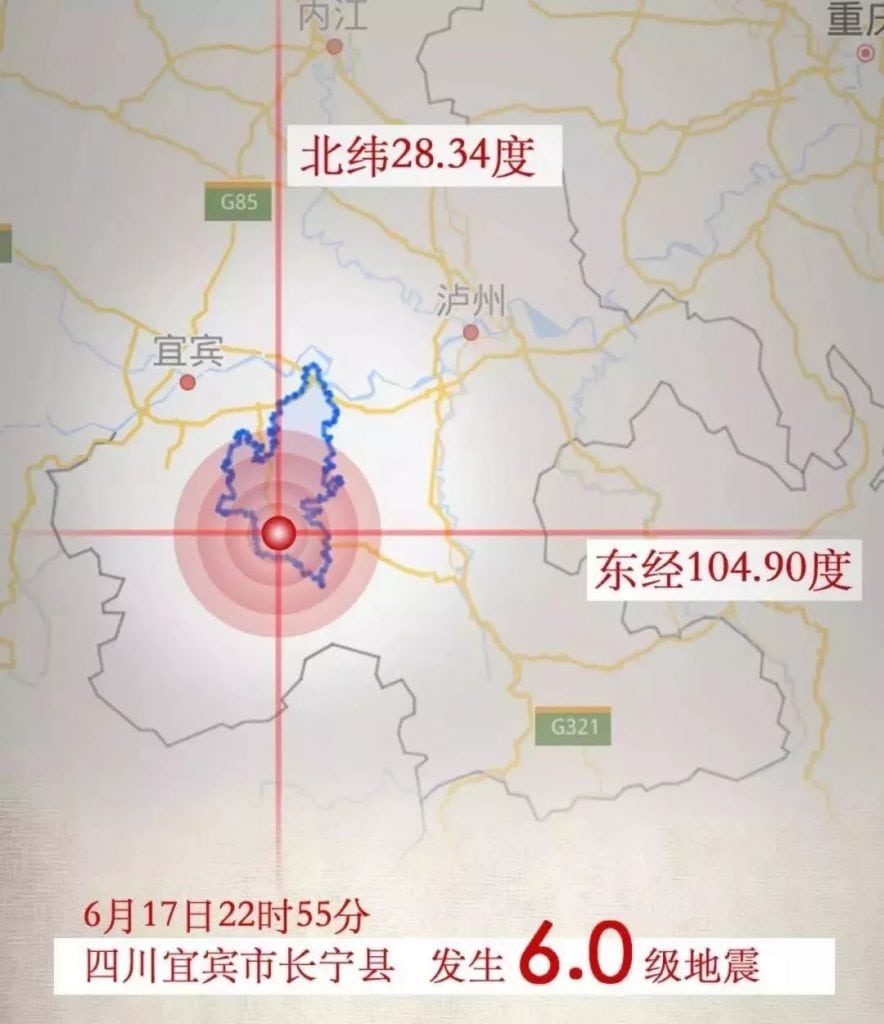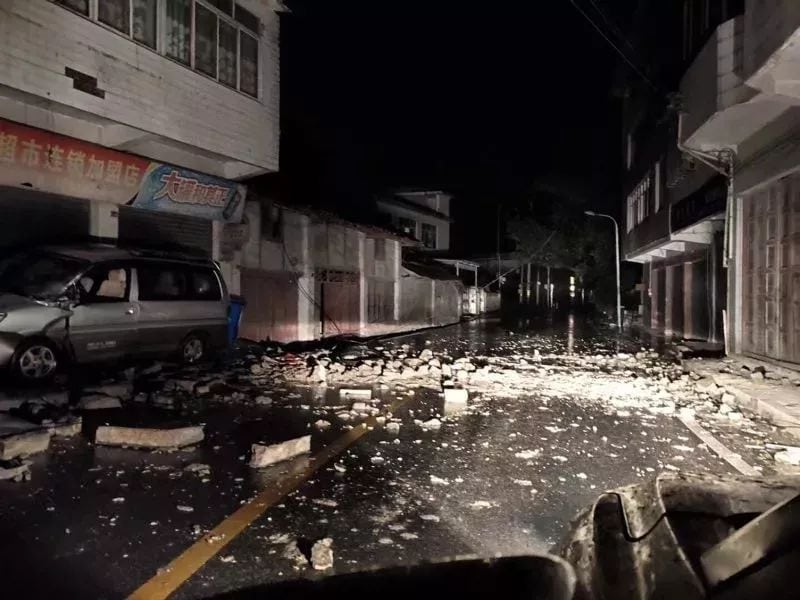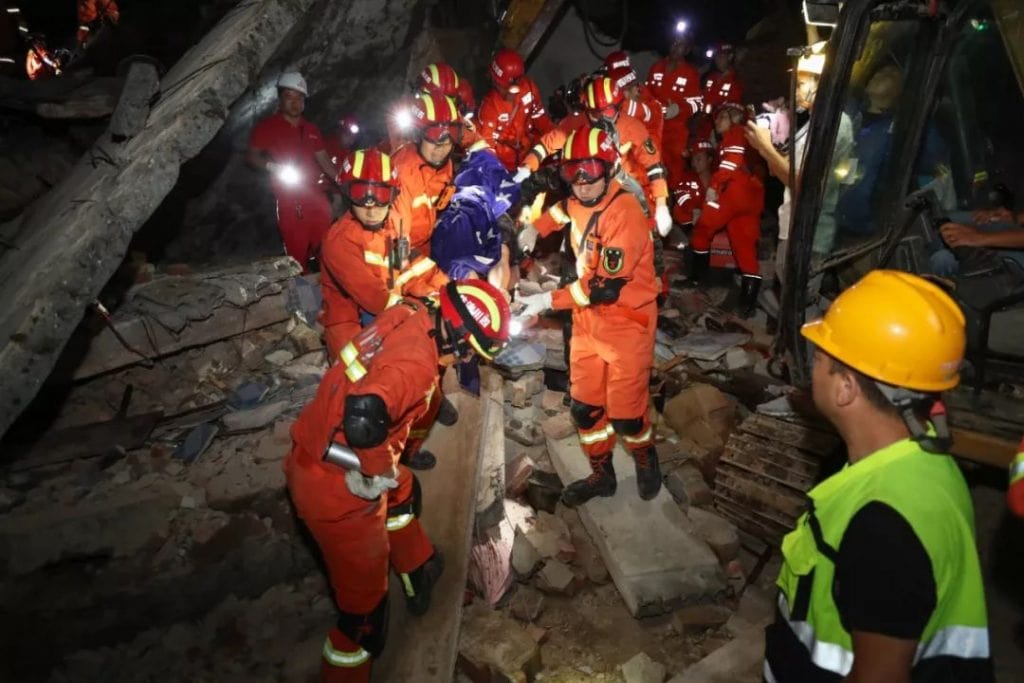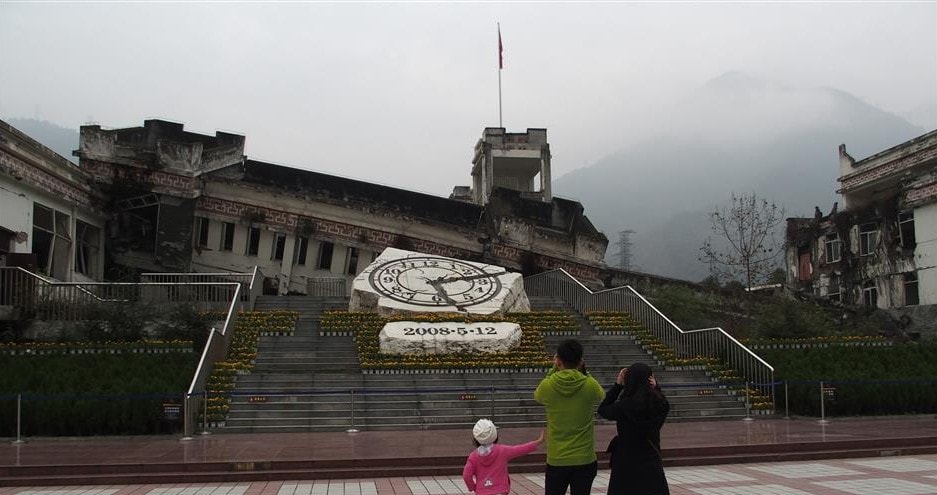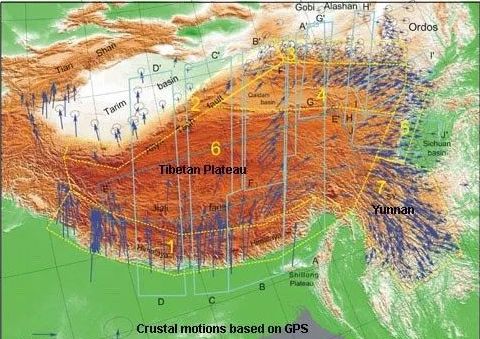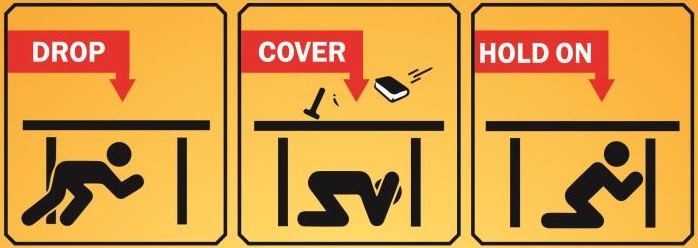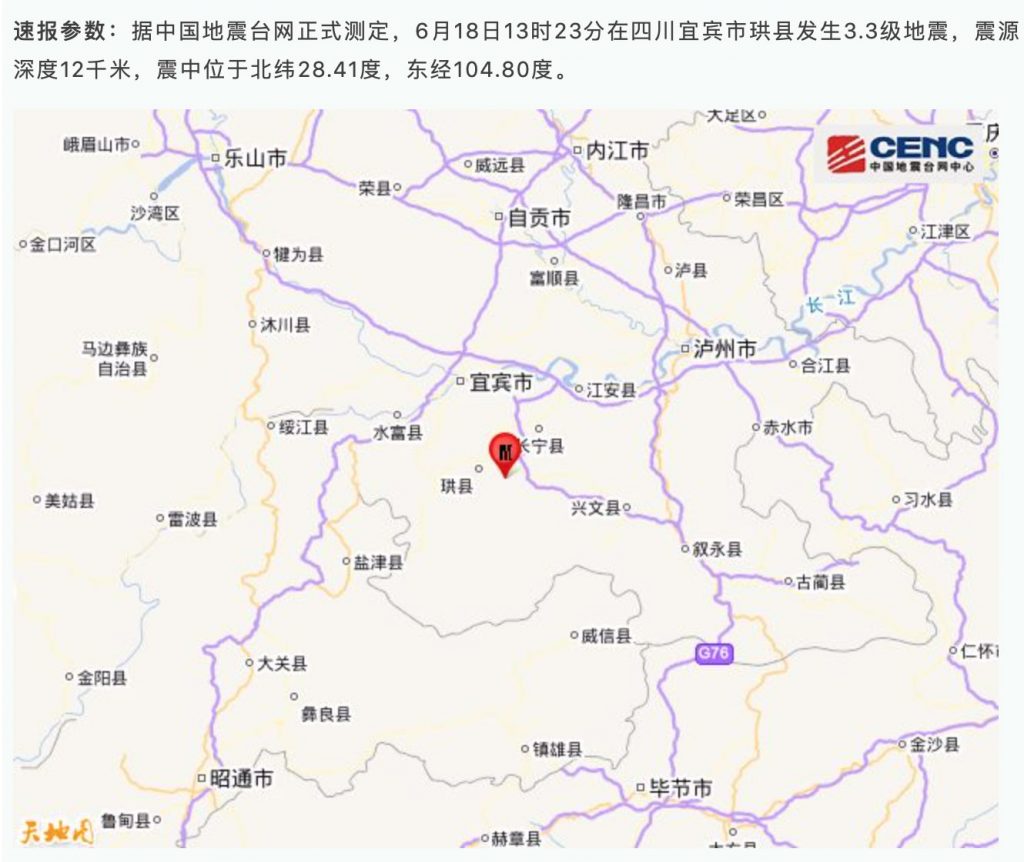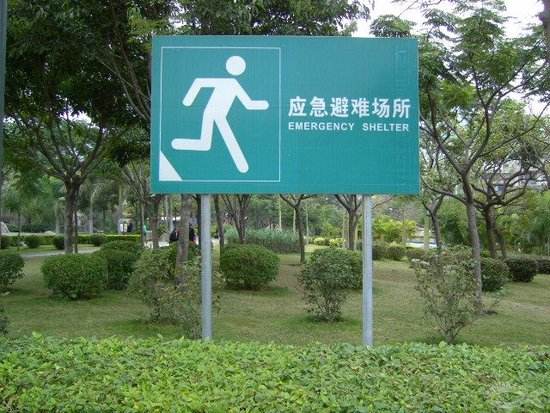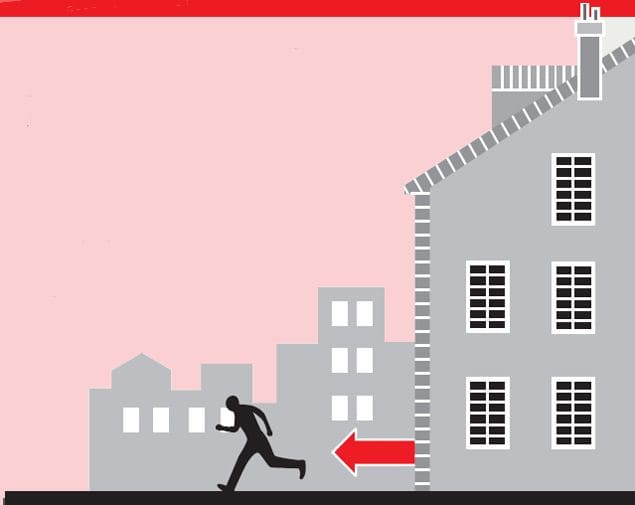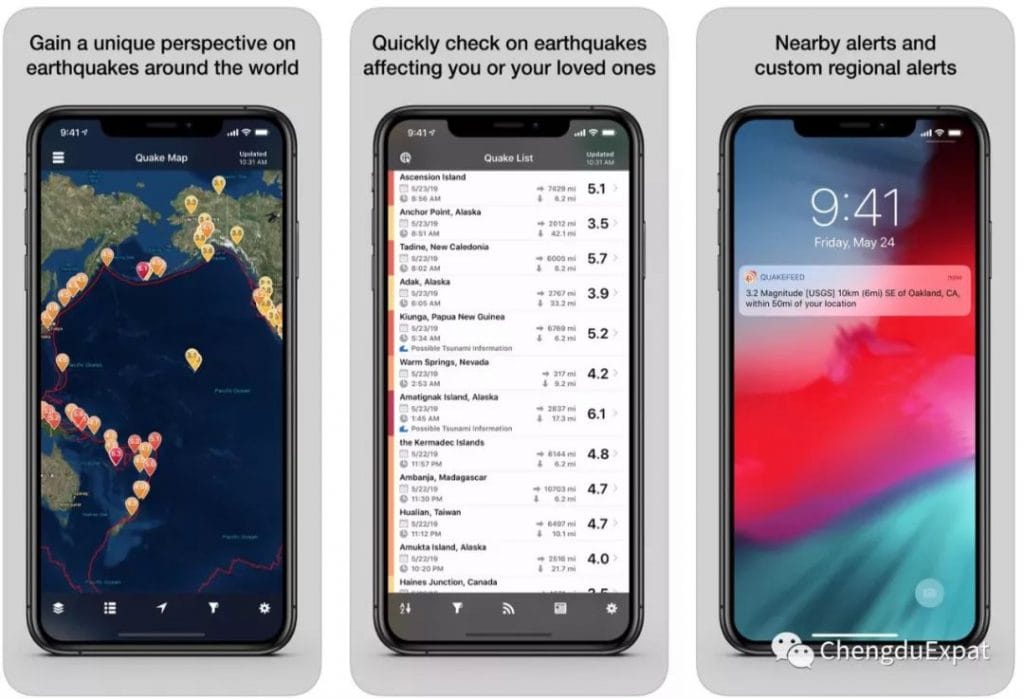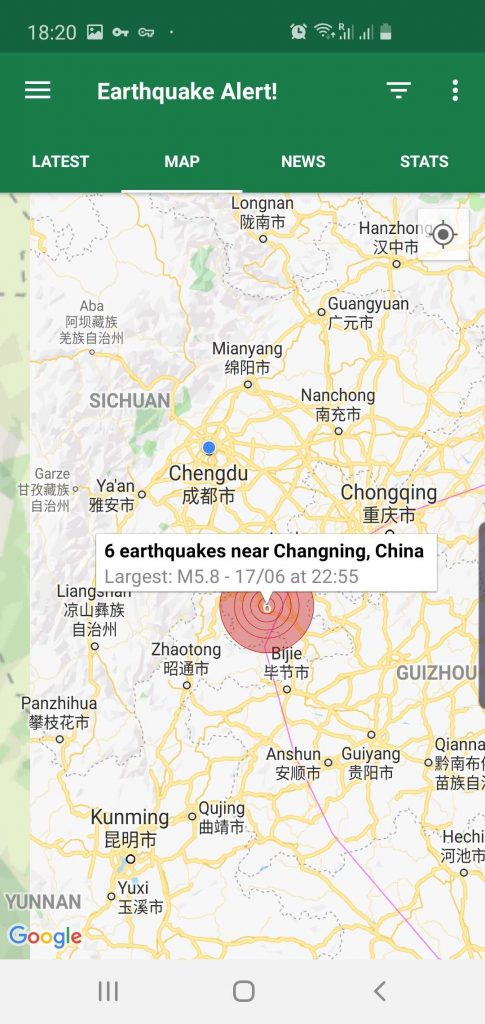What To Do During An Earthquake
Last night (Monday 17th June 2019) at 10.55pm, a magnitude 6.0 earthquake in Yibin sent tremors throughout Sichuan, and set WeChat ablaze with videos of swinging chandeliers and crumbling dry wall.
If you’re living in Chengdu or Chongqing, it’s likely you would have felt strong shocks – but the damage was mainly localized to Changning County where according to the Ministry of Emergency Management 12 people sadly lost their lives, and 125 were injured.
Sichuan as a province straddles the convergence plate boundary between the Eurasian Plate and the Indian Plate, which is why it’s prone to earthquakes, with fault lines occurring throughout the Sichuan basin.
▲ Rescue teams move rubble in Yibin
The most famous earthquake in recent history happened in Wenchuan in 2008, where a staggering 70,000 people lost their lives.
The 2008 disaster was the catalysts for a lot of development in the province, improving building regulations and infrastructure, as well as education. Which is why yesterday many school children and university students knew exactly what to do when the sirens started – but foreigners were left panicked – as they hadn’t experienced a quake before.
We’ve put together some advice on how to keep informed, calm and safe during seismic activity.
1. Don’t Panic
If you hear alarms in the streets or feel shocks in Chengdu, stay calm as you are very unlikely to be in any danger.
▲ Fault lines litter the Tibetan plateau and Sichuan basin
Chengdu and Chongqing’s historical development as regional capitals is partly to do with their relative safety from seismic activity. More than that, in the last decade the local government have worked hard to ensure buildings are earthquake-safe, increasing the amount of reinforcing steel in the concrete for structural integrity. So keep composed.
2. Stay inside and find cover
If you are already at home, stay where you are. The warning alarms you may hear in schools or in your residential compound will only sound 10 – 61 seconds before the earthquake, so do not try and leave your home. Find cover under a sturdy desk or table if one is nearby.
If you’re in bed, stay there and cover your face and neck with a pillow until the shocks stop. Stay away from glass windows, heavy fixtures or anything that might fall. Do not try and exit in the elevator, as there may be aftershocks.
▲ Aftershocks continued un Yibin until 2 pm this afternoon
Research has shown that most injuries occur when people inside buildings attempt to move to a different location inside the building or try to leave. So stay put, until you can get more information on what’s happening.
3. If outside move to an open space
If you are outside during the earthquake, move away from sides of buildings, streetlights, and utility wires if you can. If you don’t have time, step into the doorway, away from the facade and any windows.
Once in the open, stay there until the shaking stops. The greatest danger exists directly outside buildings, at exits, and alongside exterior walls. In Chengdu, most parks have earthquake shelters, but you will be safe in open spaces like playgrounds or large junctions.
Ground movement during an earthquake is seldom the direct cause of death or injury. If you are in a moving car, slowly come to a halt, away from power lines or the sides of buildings. Stay put until you have more information.
4. Stay informed
There are lots of apps, government WeChat platforms, and websites that provide information during and after earthquakes. Having access to these will stop you from panicking and help you make smart choices:
This government-run platform sends a message each time there is an earthquake and informs about aftershocks, the location, and their magnitude. This is useful for seeing how large the shocks will be and how far it is from where you are. It is in Chinese only.
QuakeFeed Earthquake Alerts
APP Store
Earthquake Alert!
An English language app can provide regional alerts for seismic activity.
Download by scanning below

